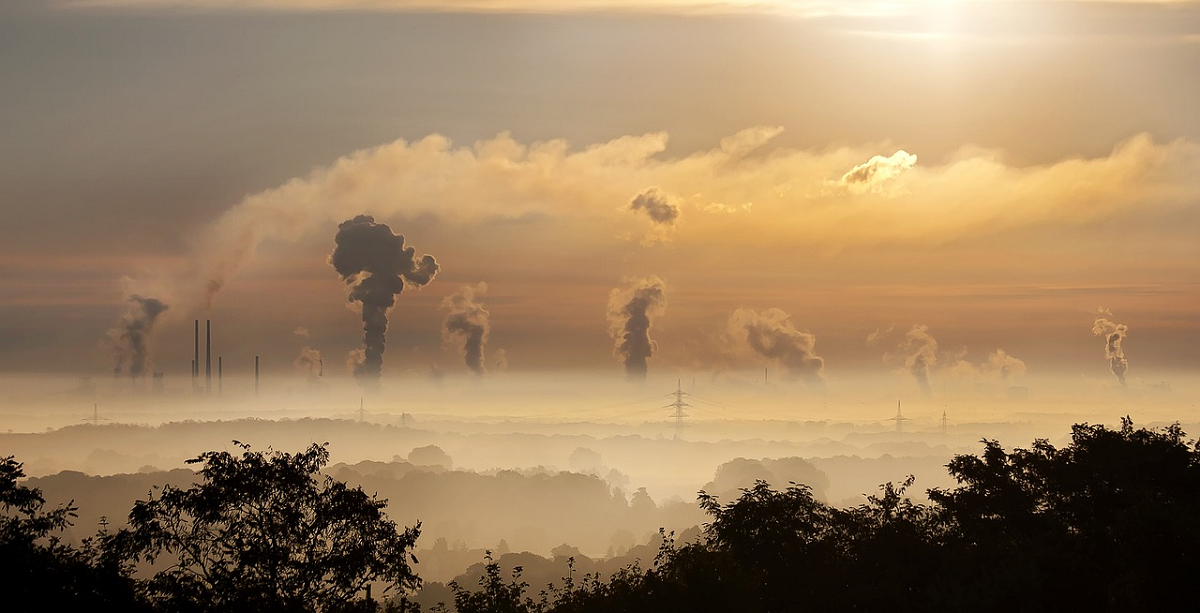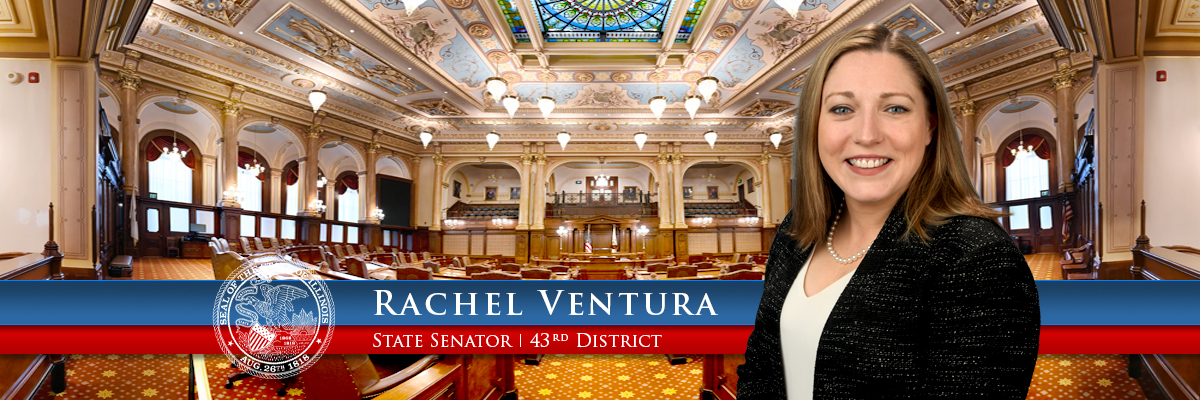
Thank you for visiting my website. As the state senator for the 43rd District, I have continuously worked on legislation that directly affects our communities. Many environmental issues concern our area including coal ash, carbon capture, and more which led me to compile my key thoughts on a few of these topics, read on to learn more.
Carbon capture and storage (CCS) involves capturing carbon dioxide emissions from industrial facilities and fossil fuel-powered plants, directing them to storage locations to prevent their release into the atmosphere and mitigate global warming. Despite being touted as a solution to the climate crisis, CCS carries serious risks. It has been shown to be ineffective in significantly reducing carbon emissions and currently lacks sufficient federal performance standards to guarantee its effectiveness. Plus, CCS extends the operational life of heavily polluting facilities and disproportionately impacts environmental justice communities already facing elevated risks. If a pipe was to crack or leak, a deadly reaction could occur.
This video shows a CO2 pipeline rupture. As the gas forcefully escapes, it is able to extend beyond the visible white plume. When CO2 is released into the atmosphere, the consequences are dire. As it displaces oxygen, it leads to potentially deadly symptoms such as coughing, dizziness, cognitive impairment, and can even disable combustion engines, posing challenges for evacuees and first responders alike.
Additionally, CCS is frequently employed in Enhanced Oil Recovery (EOR) techniques, where captured carbon dioxide is injected into oil reservoirs to enhance oil extraction. The coupling of CCS with EOR perpetuates reliance on fossil fuels, contradicting the goal of transitioning to renewable energy sources. Also, the extraction of additional fossil fuels through EOR can exacerbate greenhouse gas emissions and environmental degradation, offsetting the benefits of carbon capture.
During the CCS process, carbon dioxide is compressed into a liquid state and transported via pipelines. It's worth noting that CO2 pipelines are more prone to rupture than oil pipelines, which increases the risk of accidental releases of CO2 into the atmosphere. Such leaks can contaminate groundwater, hinder crop growth, and pose health hazards to communities.
Furthermore, the long-term storage of captured carbon dioxide underground or in geological formations may pose potential risks, including the potential for leakage over time. Studies have shown that carbon dioxide can react with minerals in the subsurface, potentially leading to changes in water chemistry and the release of other harmful substances. Plus, the large-scale deployment of CCS infrastructure may require significant land use and could impact ecosystems and biodiversity.
Considering these potential environmental and health impacts, it's crucial to thoroughly assess the risks and benefits of CCS implementation and to prioritize the development of alternative, sustainable solutions to address climate change.
CCS and EOR will delay the transition away from fossil fuels and add to the climate crisis issue instead of helping to address it in a meaningful and safe manner.





